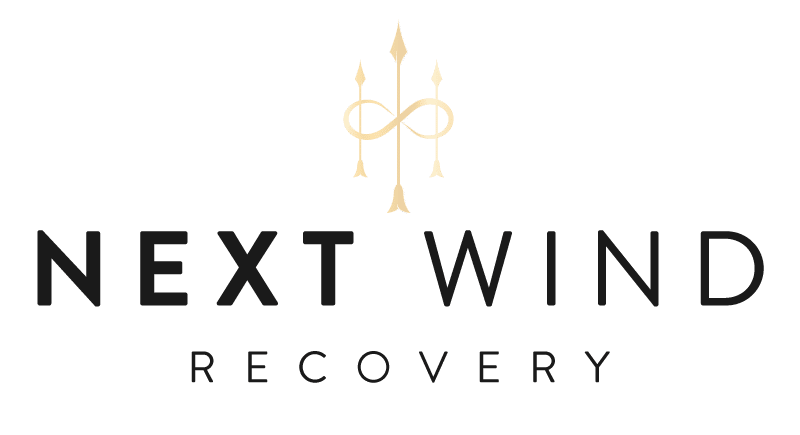Next Wind Recovery is dedicated to supporting clients with their mental health needs. Our multiple pathways help clients work toward long-term recovery and sobriety.
To learn more bout mental health and addiction and our dual-diagnosis treatment of co-occurring disorders, speak with a treatment specialist at Next Wind Recovery now.
Understanding Mental Health and Addiction
Mental health and addiction are two interconnected issues that often go hand in hand, yet society frequently misunderstands and stigmatizes them. Mental health is a person’s emotional, psychological, and social well-being. At the same time, addiction is a complex condition characterized by compulsive drug use or engagement in harmful behaviors. Understanding the relationship between mental health and addiction is crucial for effective treatment and support.
Mental health issues, such as depression, anxiety, and trauma, can increase the risk of developing an addiction. Individuals may use substances or unhealthy coping mechanisms to self-medicate or numb their emotional pain. The temporary relief provided by drugs or addictive behaviors can create a vicious cycle, worsening mental health symptoms and further reliance on substances. Moreover, addiction can exacerbate existing mental health conditions or trigger the onset of new ones.
The Connection between Mental Health and Addiction
The link between mental health and addiction is complex and multifaceted. Several factors contribute to this connection, including genetic predisposition, environmental influences, and neurochemical imbalances in the brain. Individuals with mental health disorders may be more vulnerable to addiction due to an imbalance or deficiency of certain neurotransmitters, such as serotonin or dopamine. These imbalances can affect mood regulation, impulse control, and reward mechanisms, making individuals more susceptible to addictive behaviors.
Furthermore, traumatic experiences, chronic stress, and social isolation can significantly impact mental health and addiction. Trauma can lead to the development of post-traumatic stress disorder (PTSD) and increase the risk of substance abuse to cope with distressing memories or emotions. Similarly, chronic stress can lead to anxiety or depression, driving individuals to seek relief through addictive substances or behaviors. Social isolation can exacerbate mental health symptoms and increase the likelihood of turning to substances for comfort or escape.
Dual Diagnosis Treatment: A Holistic Approach
Dual diagnosis treatment is a comprehensive approach that simultaneously addresses mental health and addiction. It recognizes the interplay between these two conditions and aims to provide integrated, personalized care to individuals with co-occurring disorders. Traditional treatment models often separate mental health and addiction treatment, leading to fragmented care and limited success. However, dual diagnosis treatment combines evidence-based therapies from both disciplines to promote holistic healing and long-term recovery.
The core principles of dual diagnosis treatment include accurate assessment and diagnosis, integrated treatment plans, and ongoing support. It begins with thoroughly evaluating each individual’s mental health and addiction issues. This information is then used to develop a personalized treatment plan that addresses the root causes of both conditions. Treatment modalities may include individual therapy, group counseling, medication management, and holistic approaches such as mindfulness or art therapy.
Additionally, ongoing support is crucial for individuals with co-occurring disorders. This may involve ongoing therapy, support groups, and relapse prevention strategies. Dual diagnosis treatment recognizes that recovery is a lifelong journey that requires continued care and support. By integrating mental health and addiction treatment, individuals can develop the necessary skills and tools to manage their conditions effectively and lead fulfilling lives.
The Impact of Addiction on Mental Health
Addiction can have a detrimental impact on mental health, exacerbating existing conditions and contributing to the development of new ones. Substance abuse alters brain chemistry, leading to neurochemical imbalances, worsening anxiety symptoms, depression, or other mental health disorders. Chronic drug use can also damage brain structures involved in emotional regulation, memory, and decision-making, compromising mental well-being.
Moreover, addiction often leads to social, occupational, and financial consequences, contributing to guilt, shame, and low self-esteem. These negative emotions can fuel a cycle of self-destructive behaviors and worsen mental health symptoms. Additionally, the loss of relationships, employment, or housing due to addiction can lead to increased social isolation and a further decline in mental well-being.
Breaking the Cycle: Recovery and Relapse Prevention
Mental health and addiction recovery require dedication, support, and a comprehensive approach. Breaking the cycle of co-occurring disorders involves simultaneously addressing the mental health and addiction components. Treatment should focus on identifying and addressing the underlying causes of both conditions, providing individuals with the tools and strategies needed to manage their symptoms effectively.
Next Wind Recovery is dedicated to providing comprehensive treatment for individuals with dual-diagnosis disorders. Our highly trained medical professionals can support multiple types of mental illnesses. Individualized treatment plans will be developed to address the root cause. With multiple pathways, Next Wind Recovery has created an environment of sustainable change for clients.
Learn more about our dual diagnosis treatment for co-occurring disorders at our Top-Rated Drug Rehab in New Jersey today.








